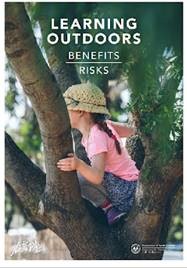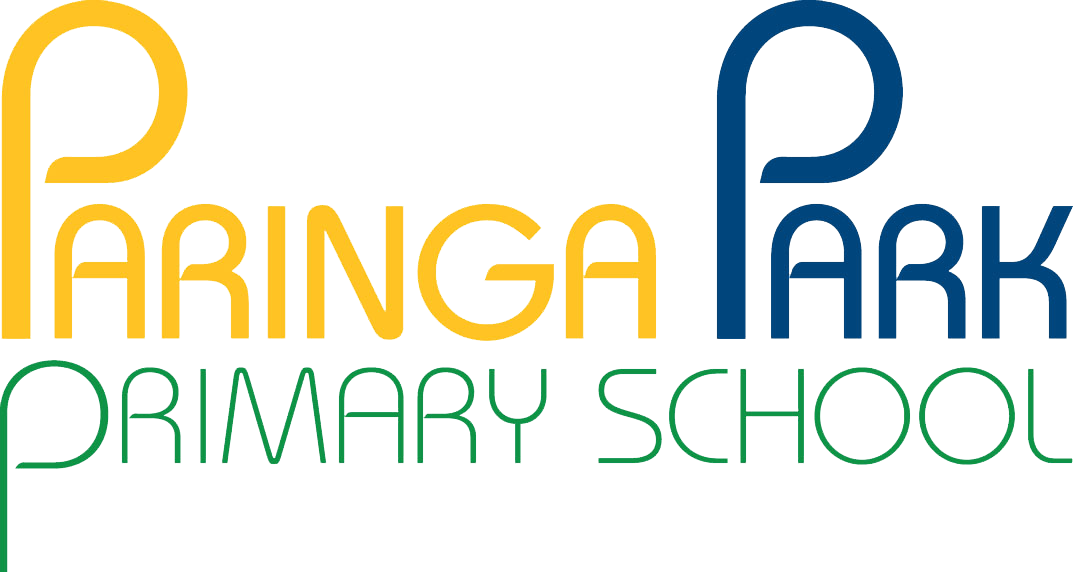Teaching for Effective Learning
The South Australian Teaching for Effective Learning (TfEL) describes DECD’s position on teaching and learning practices that lead to improved student engagement and achievement. Together with the Australian Curriculum and The Early Years Learning Framework, the TfEL Framework provides the basis for the ongoing development of teaching and learning practices in South Australia.
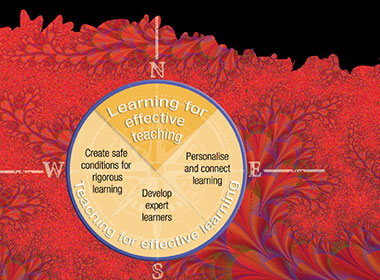
The Early Years Learning Framework: Belonging, Being and Becoming
The Early Years Learning Framework ( EYLF ) describes the principles, practices and outcomes that support and enhance young children’s learning from birth to five years of age, as well as their transition to school.
The Early Years Learning Framework describes childhood as a time of belonging, being and becoming.
- Belonging is the basis for living a fulfilling life. Children feel they belong because of the relationships they have with their family, community, culture and place.
- Being is about living here and now. Childhood is a special time in life and children need time to just ‘be’—time to play, try new things and have fun.
- Becoming is about the learning and development that young children experience. Children start to form their sense of identity from an early age, which shapes the type of adult they will become.
Educators in Reception work within the EYLF in the first semester of Reception.
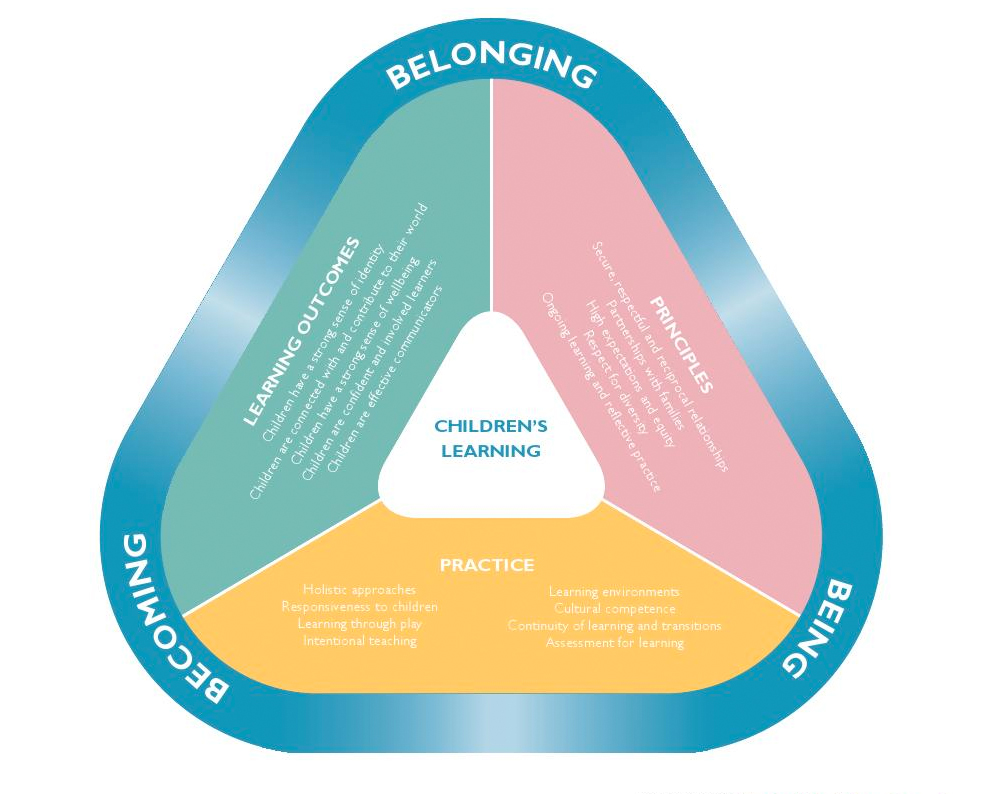
The Australian Curriculum
Paringa Park Primary School curriculum includes all those activities devised by the school for the educational advancement of its children and is based on the Australian Curriculum. There are three dimensions in the Australian Curriculum:
- Learning areas
- General capabilities
- Cross-curriculum priorities
Learning areas
The Australian Curriculum is organised into learning areas and subjects. These are:
- English
- Mathematics
- Science
- Health and Physical Education
- Humanities and Social Sciences (which includes History, Geography, Civics and Citizenship, and Economics and Business)
- The Arts (which includes Dance, Drama, Media Arts, Music and Visual Arts)
- Technologies (which includes Design and Technologies and Digital Technologies)
- Languages (French)
General capabilities
General capabilities are included in the content of the learning areas. These are the skills and abilities intended to help prepare young Australians to learn, live and work in the 21st century.
The Australian Curriculum has seven general capabilities:
- Literacy
- Numeracy
- Information and Communication Technology (ICT) Capability
- Critical and Creative Thinking
- Personal and Social Capability
- Ethical Understanding
- Intercultural Understanding
Cross Curriculum Priorities
In a similar way, there are three priorities critical to Australia’s future
- Aboriginal and Torres Strait Islanders Histories and Culture
- Asia and Australia’s Engagement with Asia
- Sustainability
They build across the curriculum and allow students to connect the content of learning areas.
Responsibility for the implementation of the curriculum within the learning frameworks is entrusted to our educators who work within collaborative learning teams to differentiate and meet the needs of individual learners.
For further information please refer to:https://www.australiancurriculum.edu.au/parent-information/
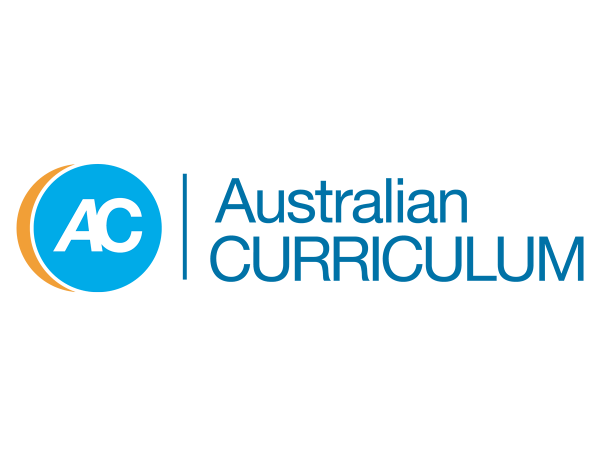
Outdoor Learning
The current direction in our schools is to focus on educating children to become the innovators of tomorrow. Ensuring children are exposed to curriculum connected with nature will ensure that the highly capable students of today, will be the environmental stewards of tomorrow.
At Paringa Park Primary School, we understand that children learn, understand and make sense of their world through experience. Learning outdoors in nature-based environments allows children to be inspired, develop their creativity, spontaneity and curiosity, take risks and accept challenges. The “Learning Outdoors Benefits and Risks’ underpins our beliefs and informs our practice in promoting outdoor learning at our school.
